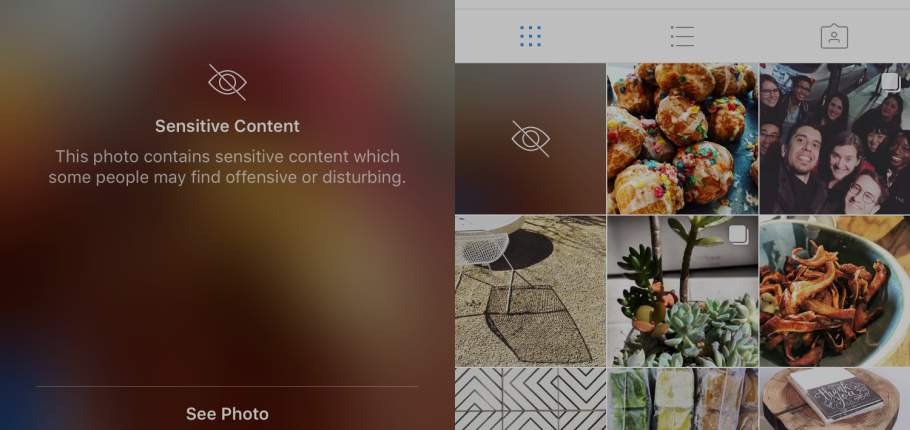Though it might sound kind of cool to wave your hand at a door and have it open like you’re Obi Wan Kenobi, would you be willing to let your company implant a microchip in your hand, the better to track your movements with? [More]
Data & Privacy
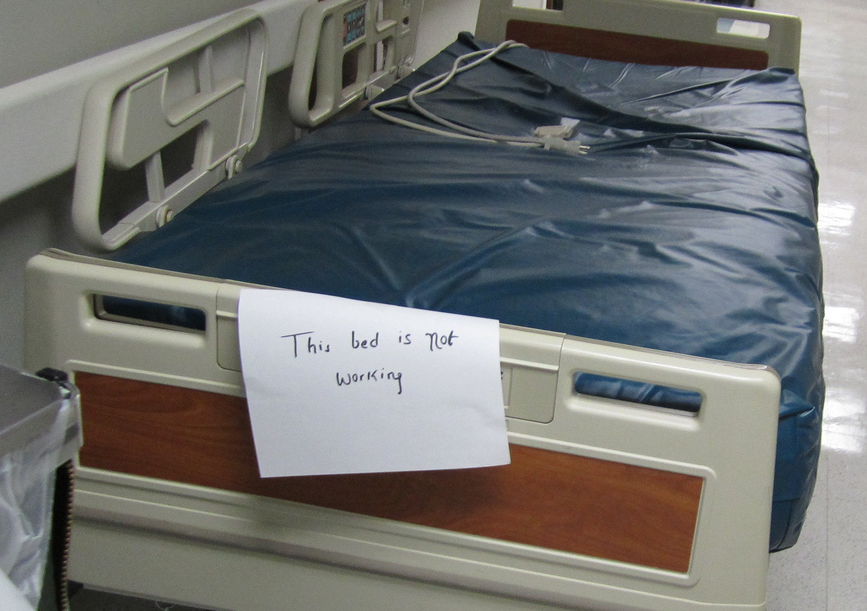
How To Protect Yourself From A Hospital Data Breach
You may never have considered whether your preferred hospital is one of the approximately 311 major teaching hospitals in the U.S., but according to a new study, the type of hospital you choose might affect your privacy. [More]
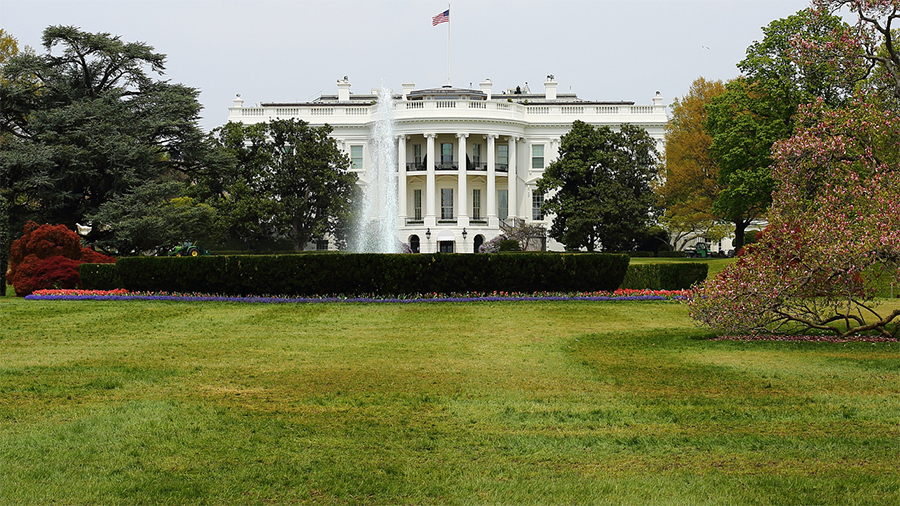
President Trump Signs Resolution Killing Internet Privacy Rules, Allowing ISPs To Keep Selling Your Data
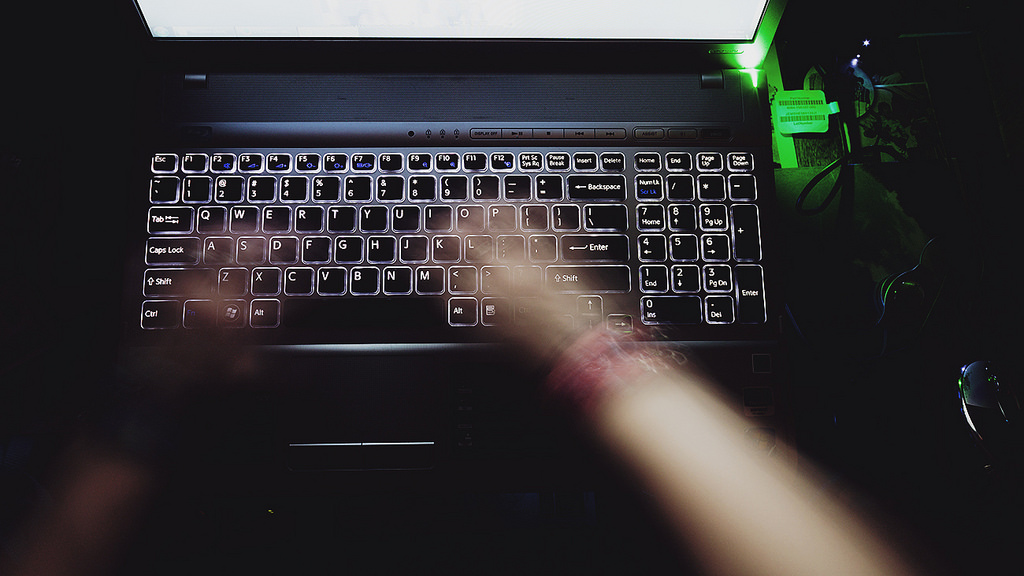
AIG Now Sells Cybersecurity Insurance That Covers Online Bullying, Extortion
Most big companies have some sort of insurance to cover their butts in a world where data breaches are an everyday occurrence, but now AIG is joining the ranks of insurers offering (wealthy) consumers coverage as a buffer against the threat of the internet. [More]

After Congress Trashes Internet Privacy Rule, One State May Adopt Its Own
The House and Senate both voted in March to toss out the FCC’s rule limiting what your internet service provider can do with your personal data without your consent. That resolution now awaits only the President’s signature before we lose protection at a federal level. One state, though, is already fighting back with a new rule of its own. [More]

Comcast, AT&T: We Totally Respect Your Privacy Even Though We Helped Kill The Law Protecting It
The FCC rule that would have prohibited your ISP from collecting and selling your personal data without your permission is pretty much dead, leaving consumers to fend for themselves. Members of the House and Senate didn’t all spontaneously come up with the same talking points about why the FCC rule was unfair, though; they had help from lobbyists and telecom corporations along the way. And now some of the biggest of those corporations are pinky-swearing that just because they can abuse the heck out of your data now doesn’t mean they will. [More]
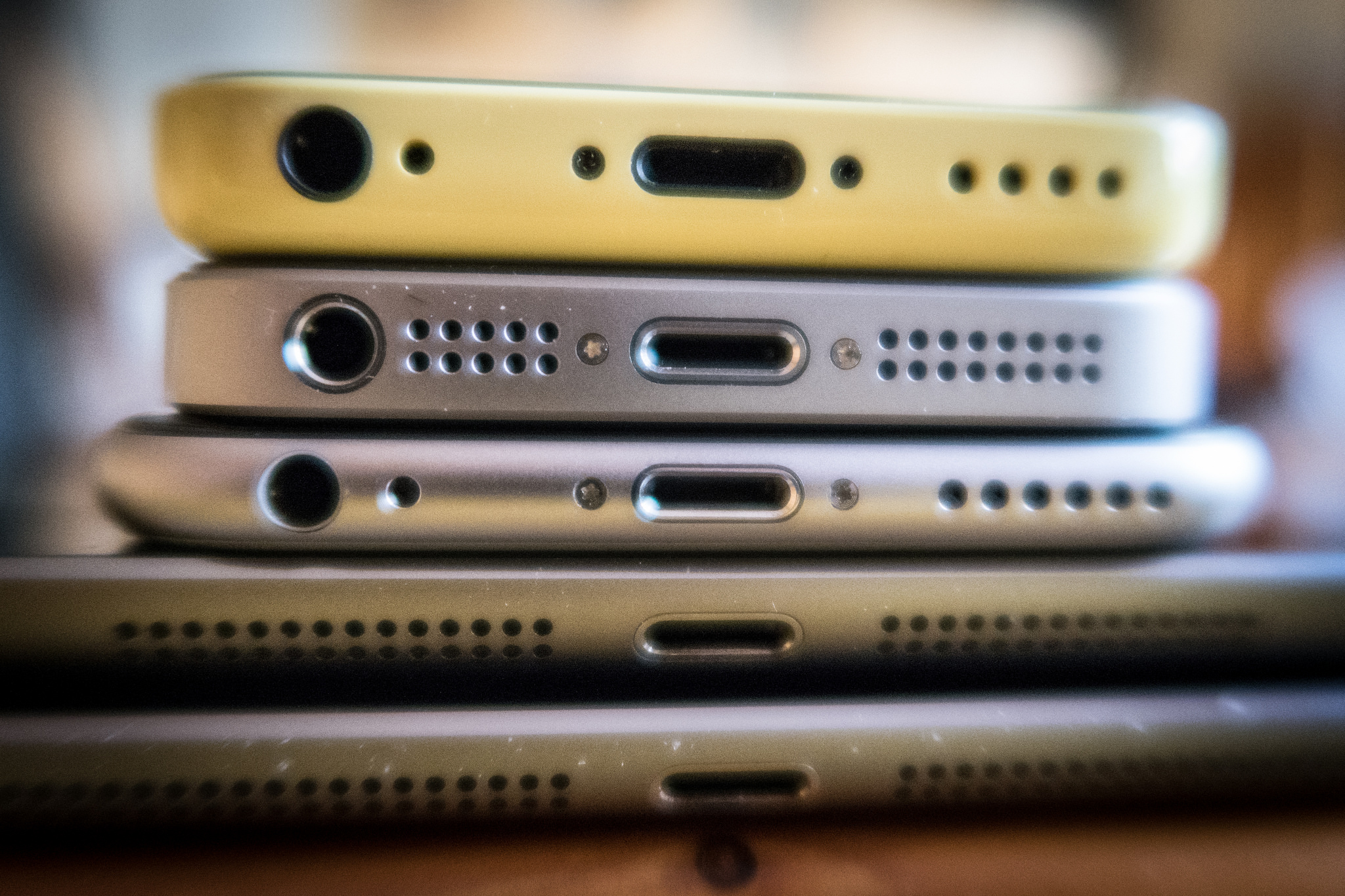
Apple Update Fixes Flaw That Caused 911 Cyberattack
Last fall, 911 emergency-response service centers in a dozen states were the victims of a massive cyberattack that resulted in hundreds, if not thousands, of iPhones repeatedly calling 911 without the knowledge or direction of owners. Nearly five months later, Apple say it has fixed the apparent flaw that made the attack possible. [More]
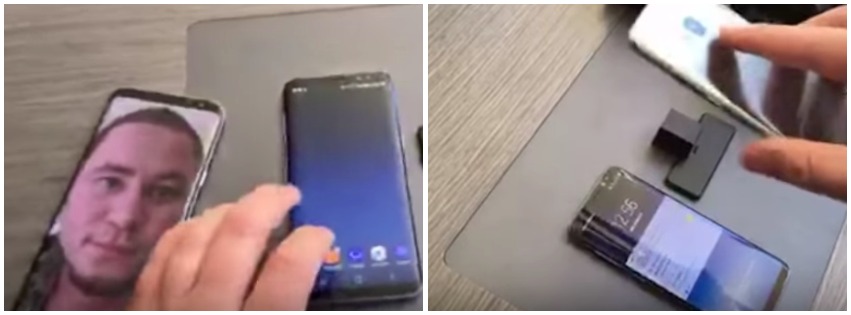
You Can Apparently Fool Samsung Galaxy S8 Facial Recognition With A Photo
A number of companies have turned to facial recognition as a way to offer customers another level of security: from MasterCard’s “selfie” verification to British Airways’ face-scanning boarding process. Now, Samsung is using the technology as a way to unlock its new Galaxy S8 smartphone, but it turns out the process may not be as secure as one would hope. [More]

Without Internet Privacy Rules, How Can I Protect My Data?
The FCC’s ISP privacy rule, which would have limited how your internet service provider could collect and use your data without your permission, is effectively dead. The good news is, you do have some tools you can use. The bad news is, they’re not perfect. [More]

Civil Rights Groups That Received Donations From ISPs Spoke Out Against Internet Privacy
The Federal Communication Commission’s internet privacy regulations would have prevented your internet provider from using and selling some potentially sensitive information about you, but the Senate and the House of Representatives voted to roll back the regulations. As the bill awaits the President’s signature, we’ve learned that some of the community groups that contacted the FCC to oppose privacy regulations are recipients of donations from Comcast. [More]
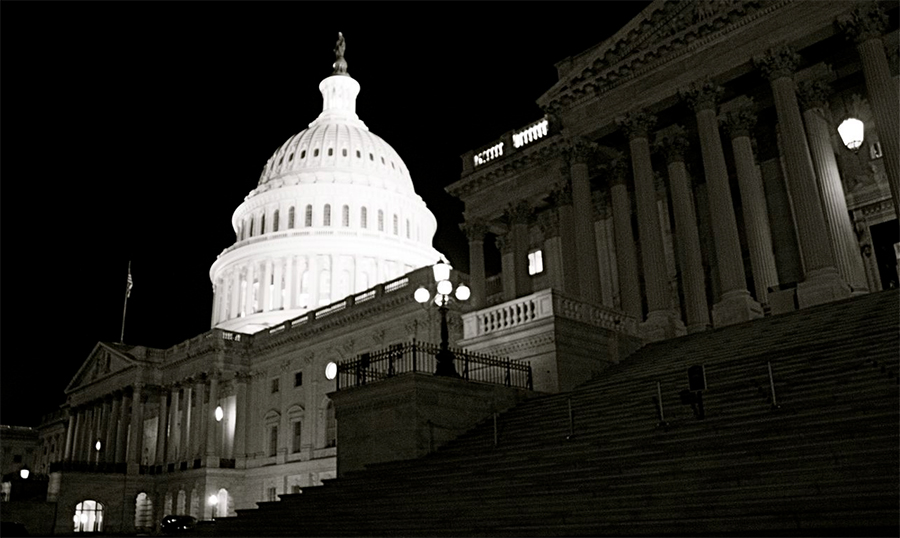
House Votes To Allow Internet Service Providers To Sell, Share Your Personal Information
The new Federal Communications Commission’s rules intended to limit how companies like AT&T, Comcast, Verizon, and Charter can use internet customers’ sensitive personal information are effectively dead in the water, thanks to a House of Representatives vote today to kill the regulations, making sure internet service providers can use and sell user data. [More]
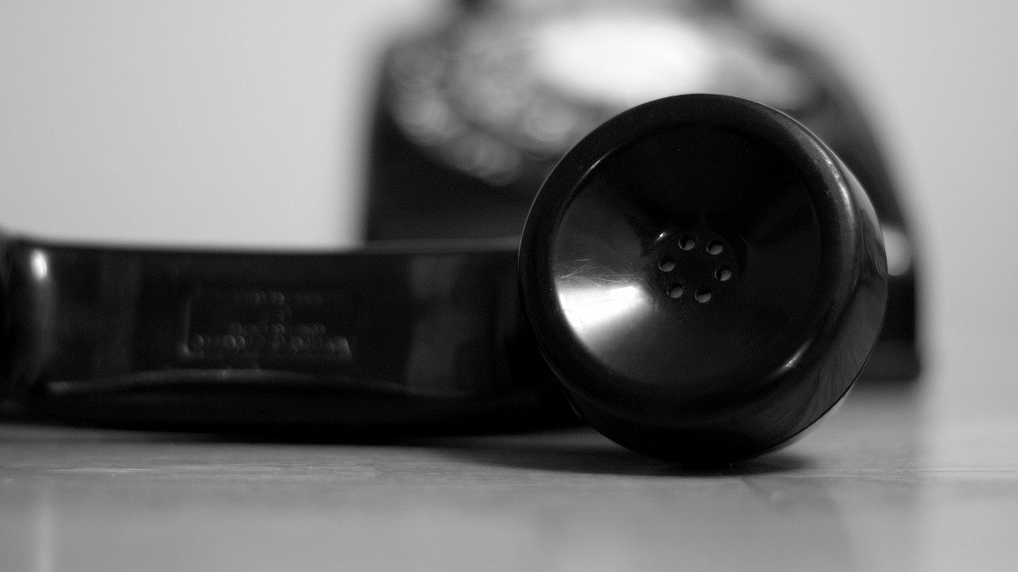
Lawmakers Ask FCC To Seek Fixes For Phone Network Vulnerabilities
When you think about phone security, you’re probably thinking about the apps on your phone, who’s listening in on the call you make, or perhaps even the metadata you leave behind. You’re probably not thinking about the national and global network of fibers, cables, and businesses that makes your phone call physically possible. But that network has vulnerabilities, and two lawmakers want the FCC to protect consumers from them. [More]
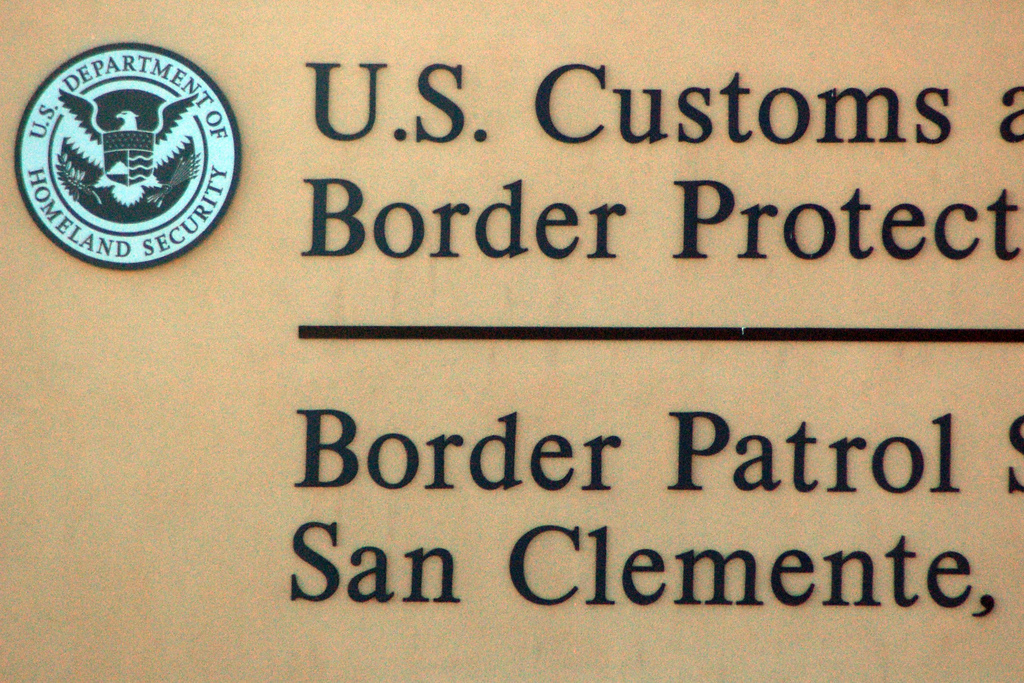
First Amendment Group Wants Homeland Security To Turn Over Records On Phone Searches At Borders
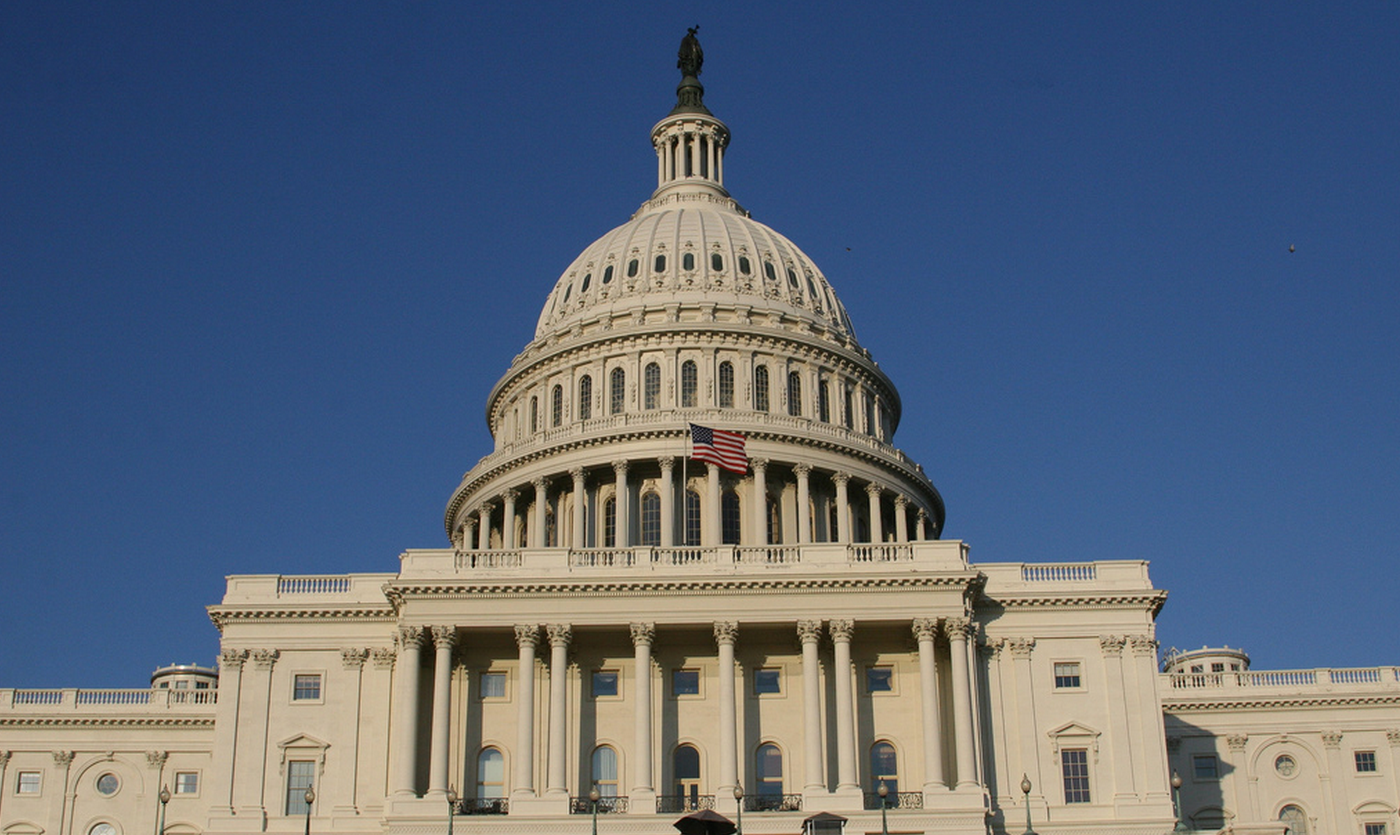
House Expected To Vote On Rolling Back Internet Privacy Rules Tomorrow
If you like having any control over what your internet service provider does with the personal data it has on you, we’ve got some bad news: The House of Representatives is expected to vote tomorrow to reverse the FCC rules that limit what the Comcasts, AT&Ts, Verizons, and Charters of the world can do with the data they have on you. [More]
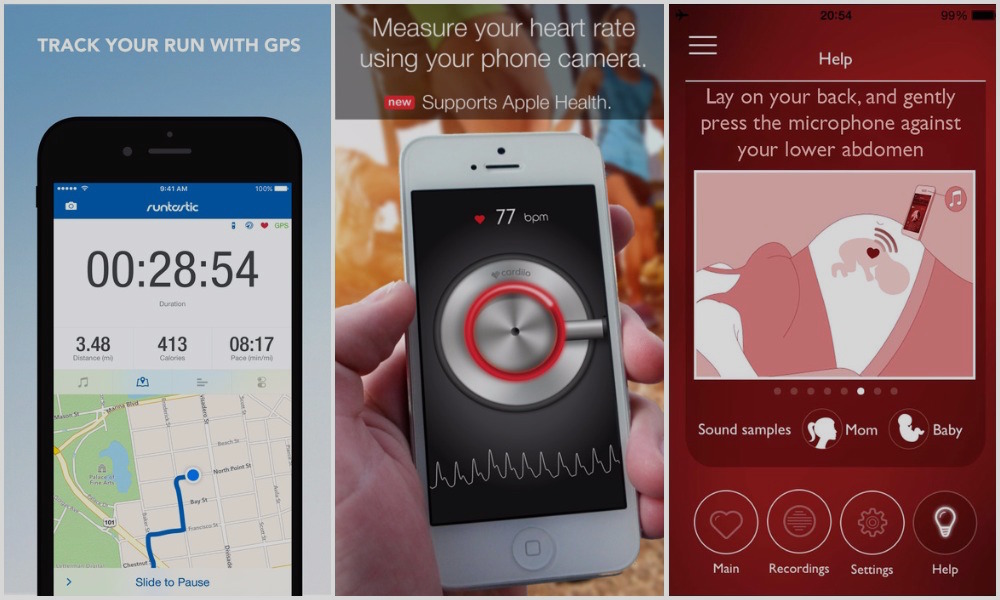
Mobile Health App Makers Settle Allegations Of Misleading Marketing Claims
A trio of smartphone health apps that claim to do things like measure your heart rate or the vitals of your unborn child have agreed to settle allegations brought by the state of New York that these products made promises they couldn’t keep. [More]

Senate Votes To Roll Back Privacy Protections For Internet Users
The FCC’s efforts to put restrictions on what internet service providers can do with the information they have about their users is all but dead, following a party-line 50-48 vote in the Senate this afternoon to roll back this regulation. [More]
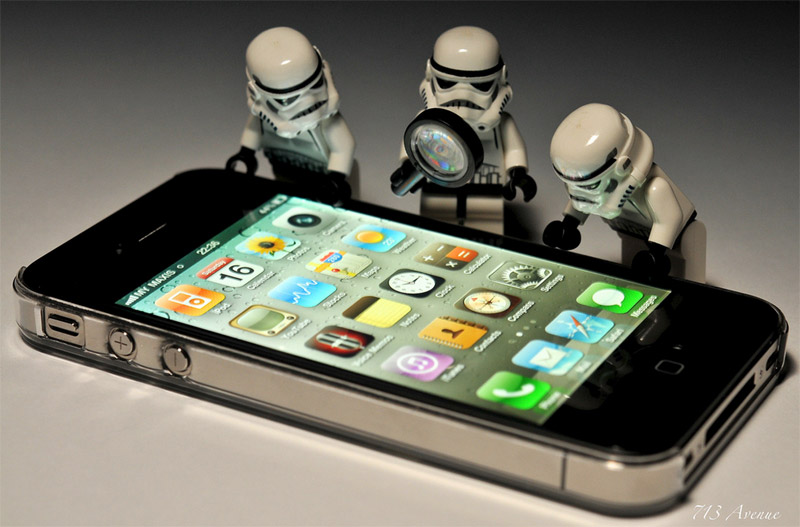
Apple Says Systems Not Breached After Hackers Threaten To Wipe Millions Of iPhones
Earlier this week, a group of hackers claimed to have email addresses and passwords for hundreds of millions of Apple accounts, and that it would use this information to remotely erase massive numbers of iPhones if a ransom weren’t paid. For its part, Apple says no account information was stolen from its servers. [More]



